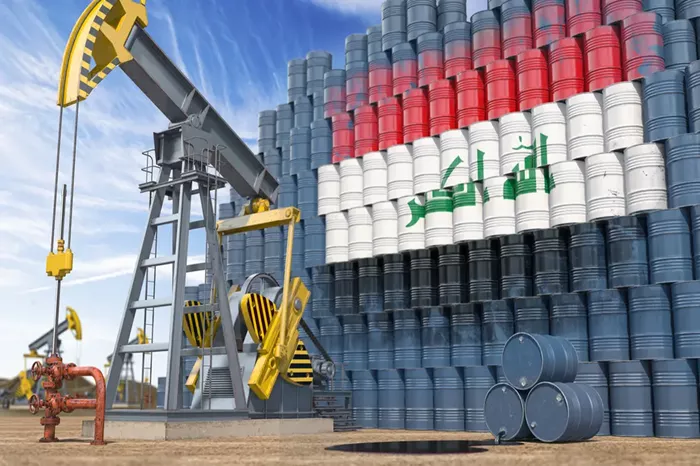Iraq’s fuel oil exports are poised to hit record levels in 2024, with shipments soaring in October due to a combination of reduced domestic demand and increased production. This surge in exports is expected to support the country’s oil revenues, despite stagnant crude shipments caused by OPEC+ production quotas.
According to industry sources and ship-tracking data, Iraq’s fuel oil exports are on track to exceed 18 million metric tons (approximately 380,000 barrels per day) this year, surpassing the previous high of 14 million tons set in 2023. October alone saw a record-breaking export volume of over 2.15 million metric tons, marking the highest monthly total ever recorded.
The majority of Iraq’s fuel oil exports are high-sulphur and straight-run varieties, which can be refined into valuable products like diesel. Key markets for these shipments include Singapore and India. This boost in fuel oil exports will contribute to easing elevated fuel prices in Asia while helping to lower feedstock costs for refineries across the region.
The uptick in exports comes as Iraq’s domestic demand for fuel oil has declined by about 100,000 barrels per day compared to the previous month, according to Palash Jain, a Middle East oil market consultant at FGE. The reduction in local consumption, coupled with favorable refining margins for high-sulphur fuel oil (HSFO), made increased fuel oil exports economically beneficial for Iraq, Jain added.
At the end of October, Asia’s refining margin for producing 380-cst high-sulphur fuel oil (FO380DUBCKMc1) had narrowed to discounts of nearly $2 a barrel, the smallest gap in over two years. However, discounts have since widened to more than $5.50 a ton, as supply from the Middle East and other regions is expected to increase.
The ongoing production boost is partly due to the reopening of Iraq’s Karbala refinery, which has contributed to the higher export volume. Roslan Khasawneh, senior oil analyst at Kpler, noted that Iraq’s fuel oil exports are on track for a record year, bolstered by increased domestic output from the refinery.
However, the future of Iraq’s fuel oil exports will depend on the continued operation of the Karbala refinery’s secondary units at full capacity. In addition, Iraq has been reducing crude oil exports to comply with OPEC+ production cuts, shifting its focus toward processing more crude into refined products. This strategy has allowed the country to maintain compliance with OPEC+ quotas while increasing fuel oil output.
Looking ahead, analysts expect Iraq’s fuel oil exports to remain above 2 million tons in November. However, volumes could dip in the coming months as Iraq begins stockpiling fuel for winter heating needs.
Related topic:

